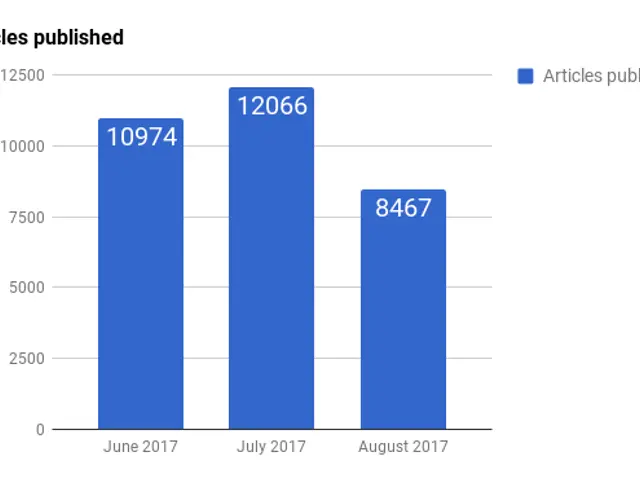Controversy swirls around popular ex-convicts in China as they gain notoriety on social media, sparking debate over whether they are given undeserved second chances or are glorifying criminal behavior.
In the Chinese digital landscape, a former banker from Liaoning province named Xiao had gained notoriety as a livestreaming star on Douyin, the Chinese version of TikTok. However, his meteoric rise was abruptly halted after an official review on Aug 26, resulting in the shutdown of his account and the removal of all posts and past livestreams.
Xiao, who spent nearly a decade in prison for embezzlement, had shared his prison experiences in his livestreams, attracting thousands of users. His unique narrative, detailing his daily prison duties that included sitting in front of a sewing machine for extended periods, had captivated a growing audience.
Xiao's account reached over 37,000 followers before it was deleted. The People's Daily, the state newspaper, published a commentary on Aug 27, stating that some former prisoners were exploiting their criminal pasts as "content" to catch eyeballs, which glorifies "illegal behavior" and exploits curiosity for internet traffic. Such actions, according to the People's Daily, also cross legal boundaries and undermine public order.
The commentary further warned that these actions may cause secondary harm to victims and convey the wrong message that "negative fame is still fame" to society. The People's Daily did not name Xiao specifically, but their criticism was clearly directed towards individuals like him who violate usage rules on Douyin by using their prison experience to gain attention.
It is important to note that no publicly known former Chinese government officials have taken a position regarding Xiao's case or similar ones. The details of why Xiao's account was deleted were not provided in the article. Upon his release in August, Xiao had no money, no job, and little knowledge of the outside world. His full name was not revealed in the article.
This incident serves as a reminder of the delicate balance between freedom of expression and the responsibility that comes with it. It also highlights the potential consequences of using sensitive topics for personal gain in the digital age.







